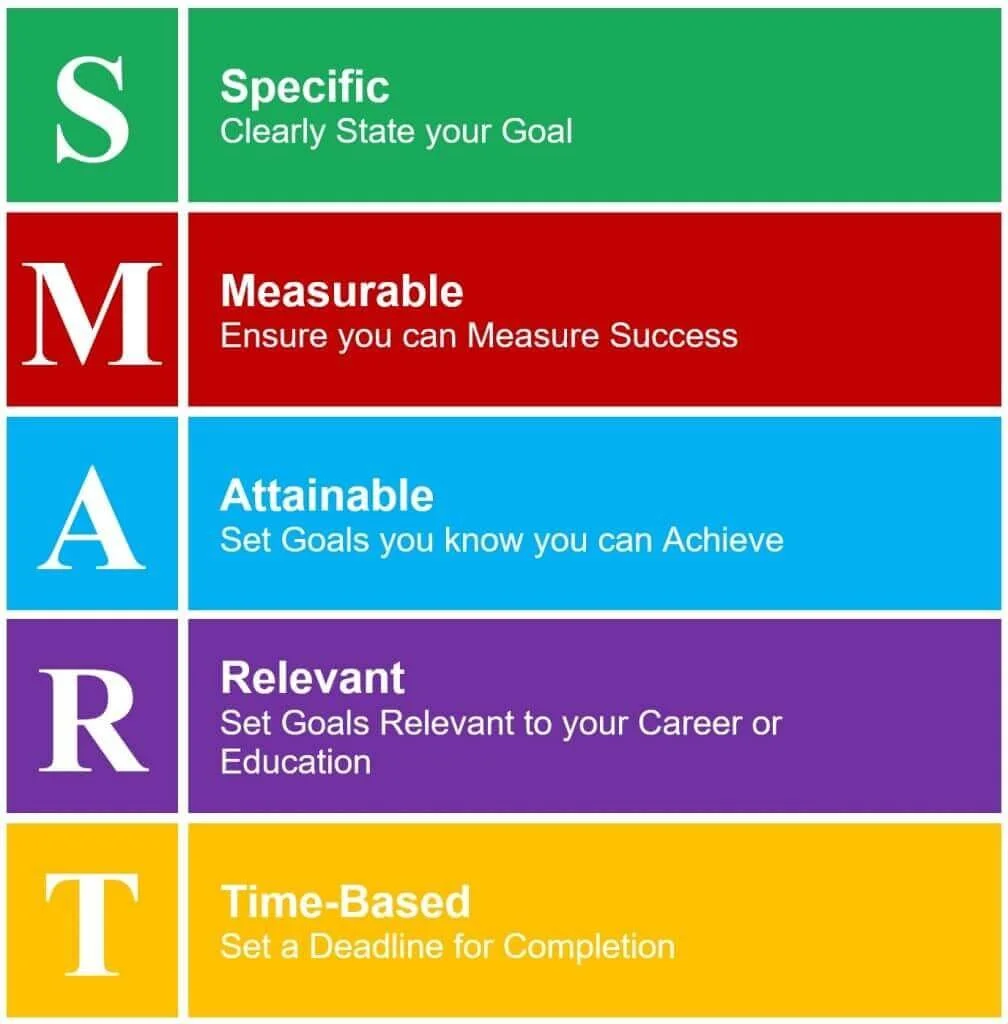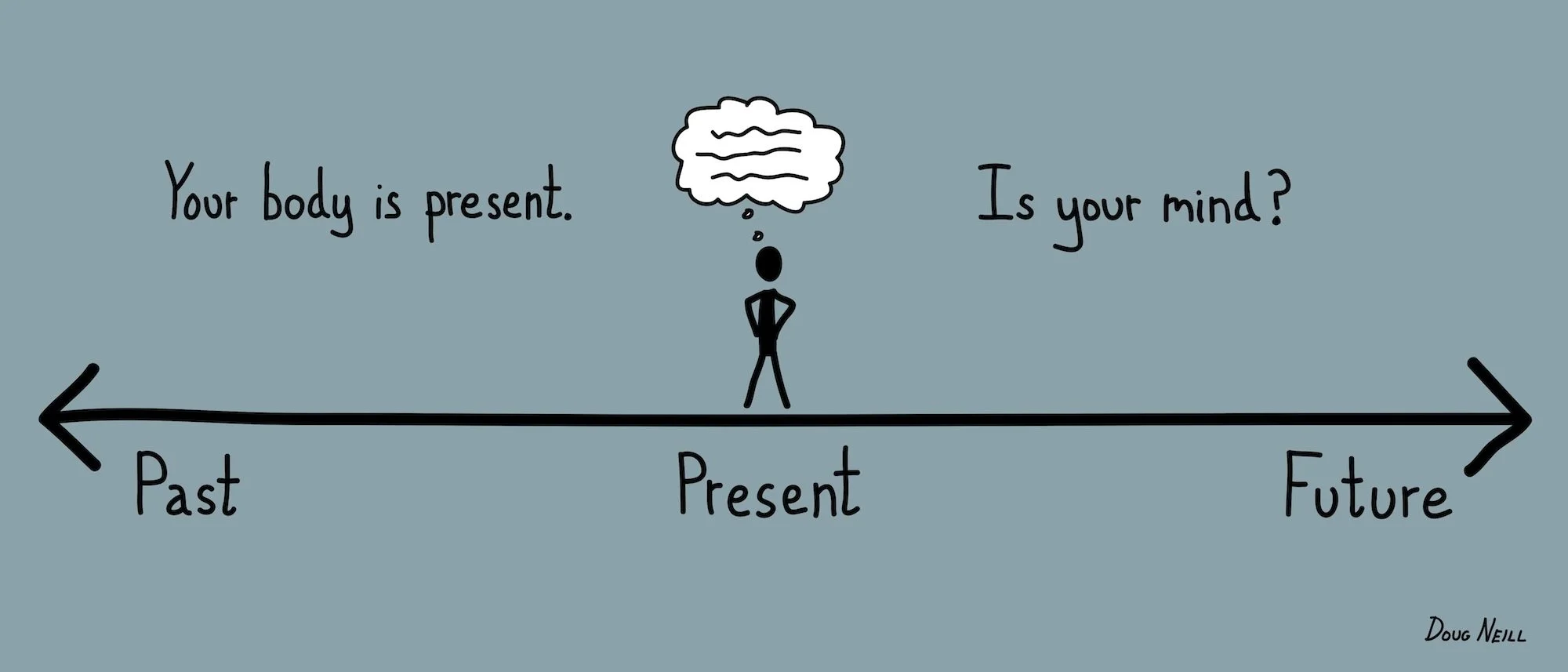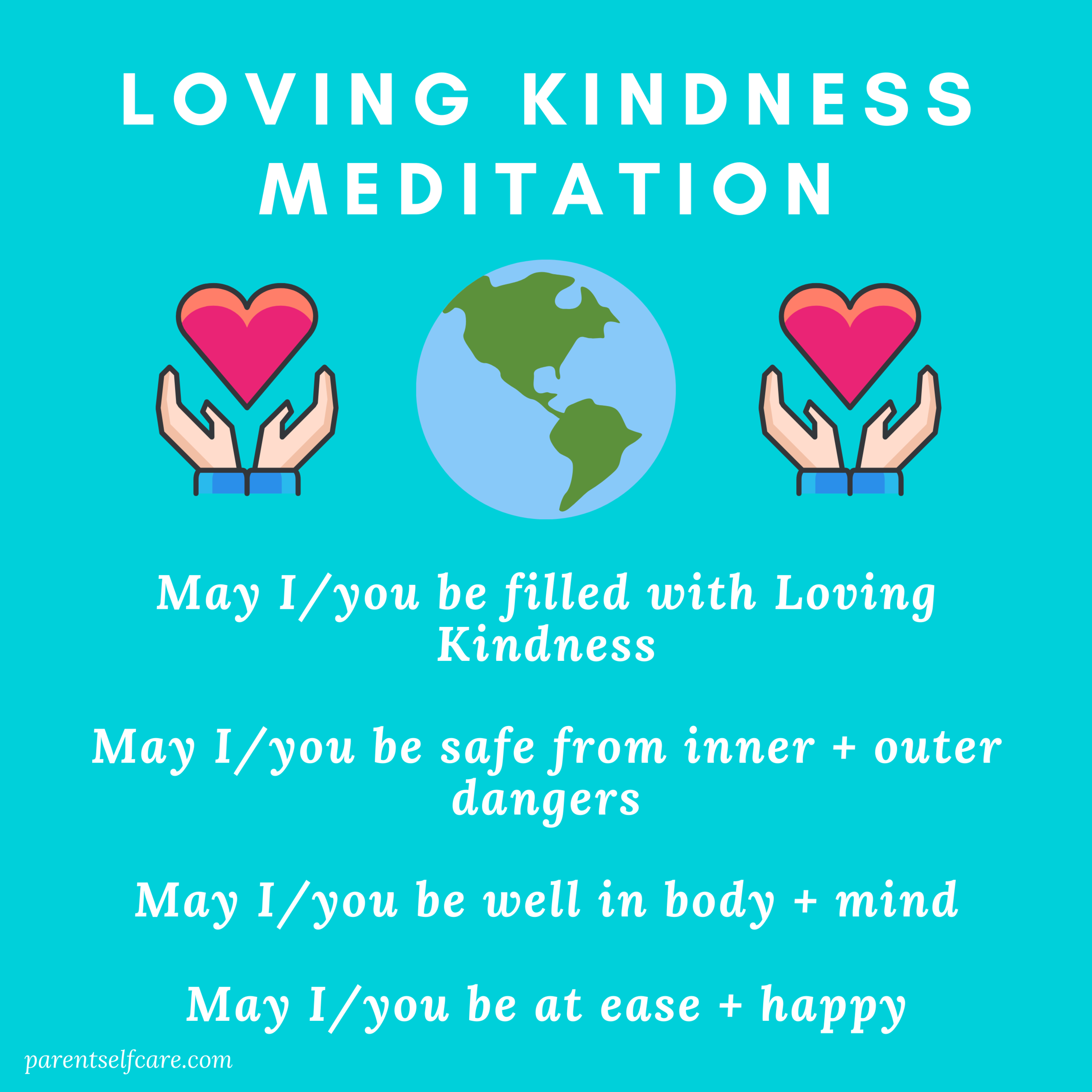Healing from trauma and addiction isn’t a linear path or a tidy checklist. It’s a raw, imperfect, deeply human journey that requires grit, patience, and an unwavering commitment to growth. If you’ve lived through trauma or struggled with addiction—or both—you know all too well that the aftermath can feel like waking up in the wreckage of your own life, unsure of where to begin. But here’s the truth: recovery isn't about erasing your past. It's about choosing how your past shapes your future.
The idea that “healing is a journey, not a destination” isn’t just a catchy phrase—it’s a reality check. There's no finish line where you're magically "healed." Instead, recovery unfolds one day, one choice, and one breakthrough at a time. And along the way, you'll redefine who you are—not despite your past, but because of the strength you've gained from surviving it.
Set Realistic, Nourishing Goals
The first step in rebuilding is letting go of perfectionism. You don’t need to have it all figured out today. What you need is one step forward. And then another. Setting small, achievable goals creates momentum, reinforces your sense of agency, and helps keep overwhelm at bay.
Maybe that means attending therapy, going a week sober, or finally getting a full night’s sleep. Maybe it means reaching out for support, even if your voice shakes. These steps matter. They’re the bricks that rebuild your foundation.
Set goals that are rooted in your values – the things in your life that are the most meaningful and important to you – not someone else’s values or timeline for you. Like Aesop’s famous fable of The Tortoise and the Hare, progress isn’t measured by how fast you move—it’s measured by how intentionally you live.
Learn to Manage Distressing Thoughts and Emotions
Let’s not sugarcoat it: healing can kick up a lot of mental dust. Unprocessed trauma and addiction tend to hijack the nervous system, keeping you stuck in cycles of anxiety, shame, or emotional shutdown. That’s why it’s crucial to develop healthier ways to manage those tough thoughts and feelings instead of numbing out or spiraling.
This is where mindfulness, somatic psychotherapy, ego state therapy, and grounding techniques come in. Learning to pause, breathe, and respond (rather than react) to distressing thoughts, feelings, or parts of self can be a game-changer. You don’t need to silence the pain—you need to listen to it in new ways. Your feelings aren’t facts, but they are signals. Learning how to decode and respond to them in healthier ways is a cornerstone of long-term recovery.
Create a Safe Environment for Growth
Think of your recovery like a seedling. If it's going to grow, it needs the right environment—safe, nurturing, and free from the toxins that stunted it in the first place.
That might mean reevaluating relationships, setting firmer boundaries, or removing yourself from environments that trigger relapse or re-traumatization. Safety is non-negotiable. You can’t heal in chaos.
It’s also important to build a support system that supports you—people who listen without judgment, validate your experience, and encourage your growth. Whether that’s a therapist, a sober friend, or a peer support group, surrounding yourself with allies can remind you that you’re not alone in the fight.
Foster Self-Compassion and “Loving Kindness” Along the Way
Here’s the part many people overlook: recovery isn’t just about grit. It’s about grace. You won’t get everything right. You’ll struggle. You’ll mess up. You’ll backslide. You’ll question whether any of its working. And that’s okay.
The antidote to shame is self-compassion. Talk to yourself the way you would talk to someone you love who is struggling. Would you call them a failure for needing time to heal? For still feeling pain? Of course not. So don’t do it to yourself.
When you treat yourself with loving kindness—even in your messiest moments—you’re rewiring your brain for healing. You’re proving that you’re worthy of love, not because you’re perfect, but because you’re human.
Your Past Doesn’t Define You—But It Can Refine You
Rebuilding after trauma and addiction isn't about forgetting where you've been. It's about choosing what comes next. The pain, the losses, the chaos—they’re part of your story. But they aren’t the final chapter. You get to write the rest.
Each day you wake up and choose recovery, you’re actively shaping a future rooted in courage, clarity, and connection. You’re reclaiming your life—not as it was, but as it can be.
Take the First Step
If you’re reading this and you’re somewhere in the thick of it—hurting, questioning, barely holding on—pause and ask yourself: What is one step I can take today toward healing? Not ten steps. Just one.
And if you’ve walked this path for a while, reflect on the advice you would give to someone just starting their own journey. What would you say to them? What helped you when things felt impossible?
Recovery isn’t just about surviving. It’s about building something new with the pieces left behind. So, take a breath. Take a step. And remember: you’re not broken. You’re becoming.
Weston Zink is a Licensed Professional Counselor and Licensed Addictions Counselor, and the founder of Breakthrough Recovery of Colorado, where he specializes in helping individuals navigate the complex challenges of trauma, addiction, and recovery. With over a decade of clinical experience, Weston brings a grounded, compassionate, and evidence-based approach to healing work, guiding clients toward lasting change and self-discovery.
Weston is an EMDR Certified Therapist, Consultant-in-Training, and member of EMDRIA since 2022 who’s working to heal traumatized people and communities at home and abroad.
Known for his ability to tackle tough topics with honesty and heart, Weston blends professional insight with a down-to-earth style that resonates with those ready to do the deep work. When he’s not in session, you’ll likely find him hiking Colorado’s rugged trails, volunteering with Rampart Search & Rescue, reading and writing about the human experience, or enjoying meaningful time with family and friends.
***
If you need help overcoming the challenges of trauma, addiction, and/or other mental health issues, or are interested in learning more on how you can strengthen your recovery journey, please contact us for a free consultation at: https://breakthroughrecoveryco.com/schedule-therapy-consultation-appointment.
***
* DISCLAIMER
The information and resources contained on this website or affiliated media are for informational purposes only and are not intended to assess, diagnose, or treat any medical and/or mental health disease or condition. The use of this website or affiliated media does not imply nor establish any type of therapist-client relationship. Furthermore, the information obtained from this site or affiliated media should not be considered a substitute for a thorough medical and/or mental health evaluation by an appropriately credentialed and licensed professional.
This website or affiliated media includes links to other media that’s strictly for informational and reference purposes only. This website or affiliated media does not endorse, warrant or guarantee the products, services or information described or offered at any other website cited therein. Please examine the content carefully.
Due to the public nature this website or affiliated media, Breakthrough Recovery of Colorado cannot guarantee the confidentiality of any client who post, like, or shares content posted by Breakthrough Recovery of Colorado or its affiliates. While your support is greatly appreciated, please do so at your own risk.






